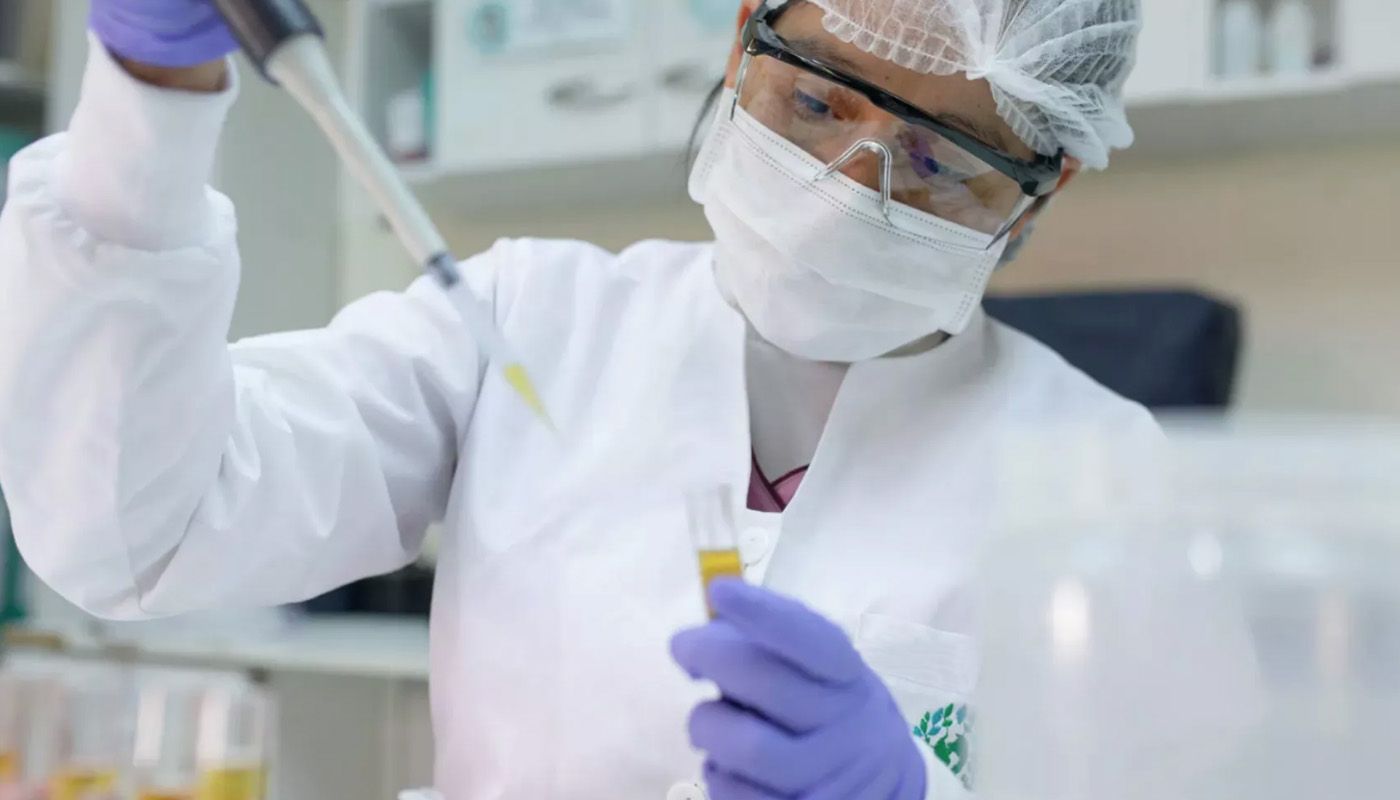FDA Introduces Rare Disease Evidence Principles (RDEP) to Advance Orphan Drug Development
The FDA's New Rare Disease Evidence Principles
The U.S. Food and Drug Administration (FDA) has introduced the Rare Disease Evidence Principles (RDEP), a new framework designed to provide greater clarity and predictability for drug developers pursuing therapies for rare diseases. The program is intended for therapies addressing small patient populations (generally <1,000 patients in the US) with urgent unmet medical needs caused by known genetic defects.
What Is the Rare Disease Evidence Principles (RDEP) Framework?
Drug developers in the rare disease sector often face the challenge of generating “substantial evidence” of safety and efficacy through traditional multi-trial clinical programs. For many rare conditions, recruiting sufficient patient numbers to run multiple large-scale studies is either extremely difficult or impossible.
The RDEP was jointly developed by the FDA’s Center for Drug Evaluation and Research (CDER) and Center for Biologics Evaluation and Research (CBER) to address these challenges. Under this framework, sponsors may qualify for FDA approval based on one adequate and well-controlled study plus robust confirmatory evidence, which may include:
- Strong mechanistic or biomarker data
- Evidence from relevant non-clinical models
- Clinical pharmacodynamic data
- Case reports, expanded access data, or natural history studies
- Sponsors can apply for review under the RDEP process before launching a pivotal trial, with patient and expert input encouraged throughout the process.
Eligibility Criteria
The RDEP applies only to therapies that:
- Target a very small patient population (generally <1,000 U.S. patients)
- Address a serious or life-threatening rare disease caused by a known genetic defect
- Are intended for patients facing rapid deterioration in function, disability, or death
- Lack adequate existing treatment alternatives
Therapies developed for rare cancers may also be eligible, though sponsors must first consult with the Oncology Center of Excellence or the relevant FDA review division.
Postmarketing Requirements
Drugs approved under the RDEP may be subject to additional postmarketing obligations to further confirm safety and effectiveness once therapies are available to patients.
RDEP vs. Orphan Drug Designation
It is important to note that the RDEP review is independent of orphan drug designation under section 526 of the Federal Food, Drug & Cosmetic Act. A therapy evaluated under the RDEP framework does not automatically qualify for orphan drug designation, and sponsors seeking designation must still follow the established orphan application process under 21 C.F.R. Part 316.
Next Steps for Sponsors
Sponsors may request review under the RDEP by submitting a formal meeting request to the FDA before beginning pivotal trials. Clearer FDA guidance under this process aims to reduce uncertainty and streamline development timelines for therapies in populations with the greatest need.
What RDEP Means in Practice
Dr. Tim Cote, former FDA Director of the Office of Orphan Products Development and Founder of Only Orphans Cote, provides this perspective:
The RDEP program represents a revolutionary shift in how the FDA approaches ultra-rare diseases. No longer is the same “substantial safety and efficacy” standard applied across all diseases, regardless of prevalence. Under RDEP, efficacy evidence can be viewed in a completely new light: if there is a clear genetic or pathophysiological pathway, a biomarker-measurable endpoint, and a supporting animal model, the FDA can now move to full marketing authorization even with very limited human data.
Not all stakeholders are convinced. Critics have labeled the program “all wrapper and no gift,” often pointing to the strict prevalence threshold of fewer than 1,000 U.S. patients. However, at Only Orphans Cote, we see this as a radical improvement for developers tackling ultra-rare conditions. While we may not align with every policy shift at the FDA, we believe that with RDEP, they got it right.
Key Takeaway
The FDA’s new Rare Disease Evidence Principles represent a significant step forward for developers working in rare disease spaces where traditional clinical development is not feasible. By clarifying acceptable forms of confirmatory evidence and opening a more predictable pathway to approval, the FDA aims to accelerate safe, effective therapies for some of the most underserved patient populations.
Partner with Experts Who Know the FDA
Navigating new FDA frameworks like RDEP requires experience, strategy, and credibility. At Only Orphans Cote, we’ve guided countless sponsors through orphan drug designations, expedited pathways, and FDA meetings—with a proven track record of success.
Whether you’re considering RDEP or weighing other regulatory strategies, our team can help you assess eligibility, prepare a strong request, and align your development program for approval.
Contact Only Orphans Cote today to schedule a consultation with Dr. Tim Cote and our regulatory experts.
Reference
U.S. Food and Drug Administration. FDA Advances Rare Disease Drug Development with New Evidence Principles. News Release. September 3, 2025. Available at: https://www.fda.gov/news-events/press-announcements/fda-advances-rare-disease-drug-development-new-evidence-principles
Accelerate Your Orphan Drug Strategy
Only Orphans Cote helps sponsors secure orphan drug designation faster. Contact us today to schedule a consultation with Dr. Tim Cote and our team.



